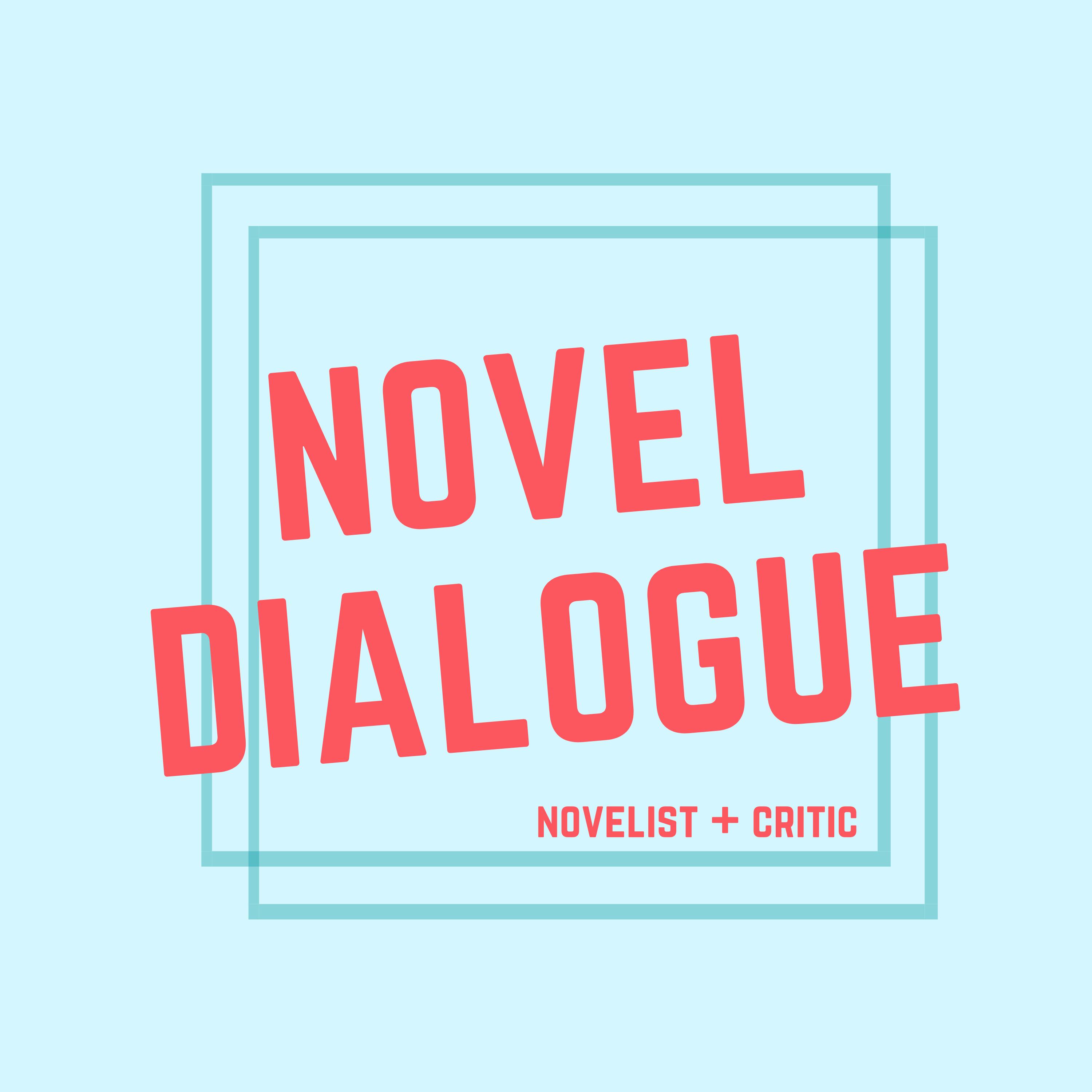Locus- and Nebula- award-winning author P. Djèlí Clark joins critic andré carrington (UC Riverside) and host Rebecca Ballard (FSU) for a conversation about the archives, methods, and cosmologies that inform his speculative fiction. Clark’s fiction blends fantasy and horror elements with richly drawn historical worlds that speak to his academic life as a historian. Most recently, Ring Shout (2020) maps Lovecraftian horror and eldritch demons into the Ku Klux Klan’s 1920s terrorism in the U.S. South, while A Master Of Djinn (2021) brings angels and the titular djinns into a steampunk version of Egypt focalized around a pair of female detectives with the Ministry of Alchemy, Enchantments and Supernatural Entities. The conversation probes the way Clark’s work limns “the supernatural and the mundane,” delving into his formative experiences with the everyday presence of ancestors in the Caribbean and the U.S. South, the way he writes deities into mortal stories without flattening free will, and why he is committed to writing stories that talk about nations, politics, and racism, even in worlds where the supernatural is just as present. As the episode wraps up, Clark talks about the process that led to his celebrated 2018 story “The Secret Lives of the Nine Negro Teeth of George Washington,” which consists of nine vignettes imagining the lives of the enslaved people whose teeth Washington used for his dentures. Stay tuned for Clark’s iconic answer to this season’s signature question—a must-listen for anybody who has always suspected there’s something weird lurking beneath the surface of children’s television!
Mentioned in this Episode:
andré carrington’s Speculative Blackness: The Future of Race in Science Fiction
Them!
The Day the Earth Stood Still
Boris Karloff
Vincent Price
Star Trek
The Twilight Zone
The Bayou Classic
Toni Morrison
Madeleine L’Engle’s A Wrinkle in Time
Edward Said’s Orientalism
The Battle of Algiers
The Maxim gun
The George Washington Papers at the University of Virginia
Michel-Rolph Trouillot
National Museum of African American History and Culture
Listen and Read:
Audio: What Would Undo the Maxim Gun? Magic
Transcript: 6.2 What Would Undo the Maxim Gun? Magic

7.2 You Write Because You Want to Feel Free: Katie Kitamura and Alexander Manshel (SW) – Novel Dialogue
- 7.2 You Write Because You Want to Feel Free: Katie Kitamura and Alexander Manshel (SW)
- 7.1 Etherized: Anne Enright in Conversation with Paige Reynolds (JP)
- 6.6 Overtaken by Awe: Sheila Heti speaks with Sunny Yudkoff
- 6.5 Attention is Love: A Discussion with Lauren Groff and Laura McGrath (SW)
- 6.4 “We All Relate to Each Other’s Dystopias”

